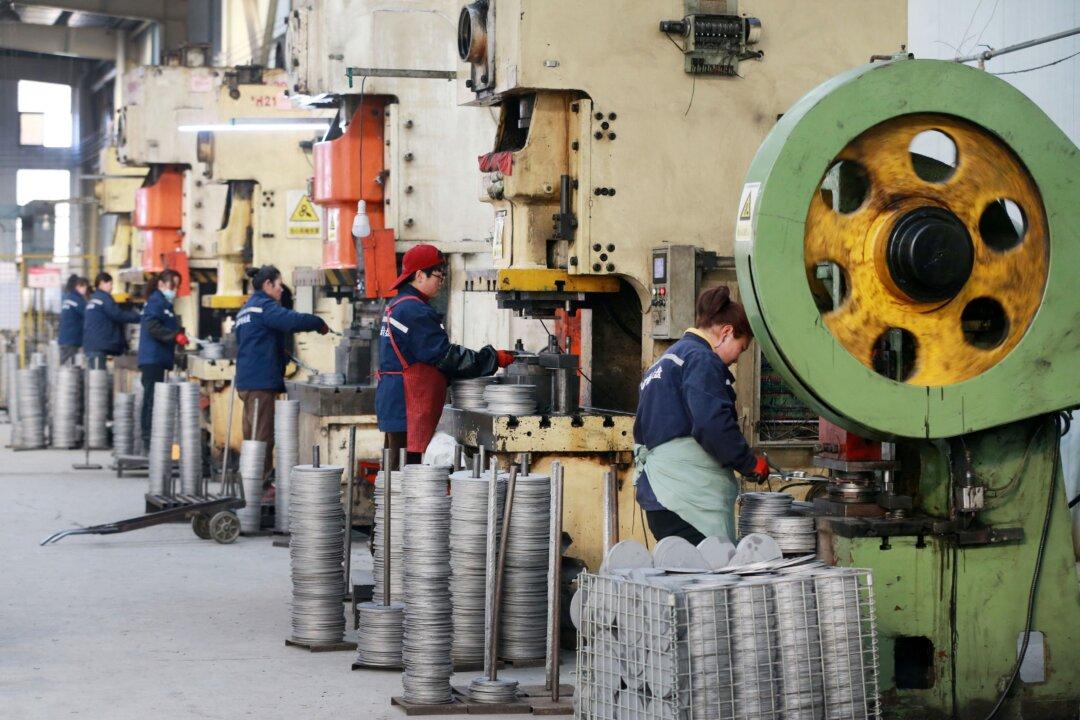Commentary
The Biden administration is imposing increased tariffs on steel and aluminum that China is routing through Mexico, White House officials said on July 10. The much-needed tariffs apply with immediate effect. The administration justified the new tariffs by referring to documented evidence of China’s tariff evasion.





